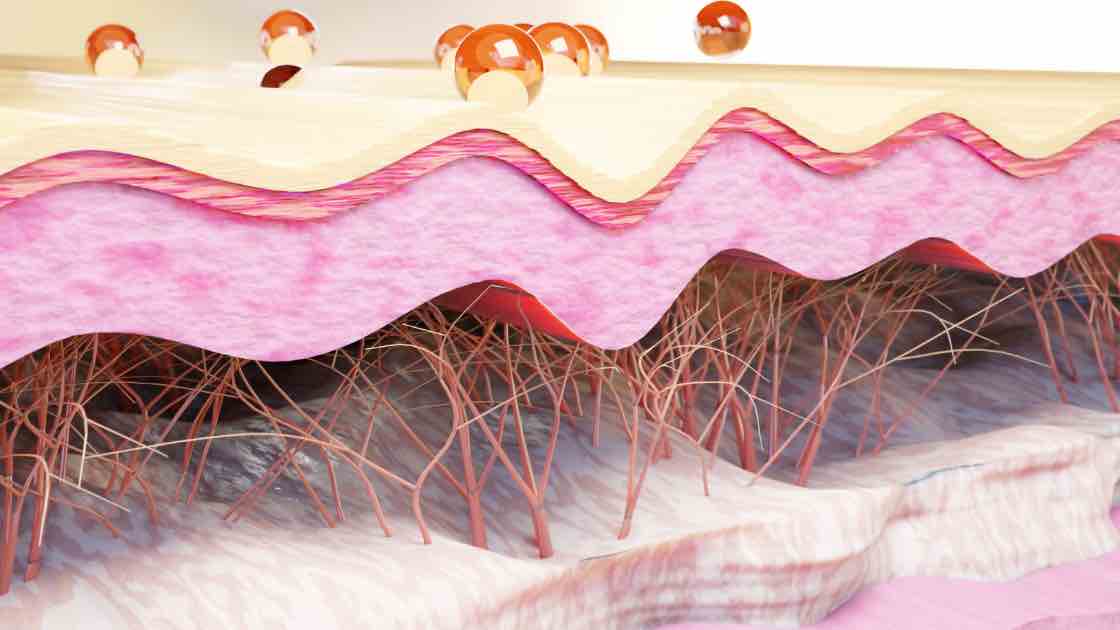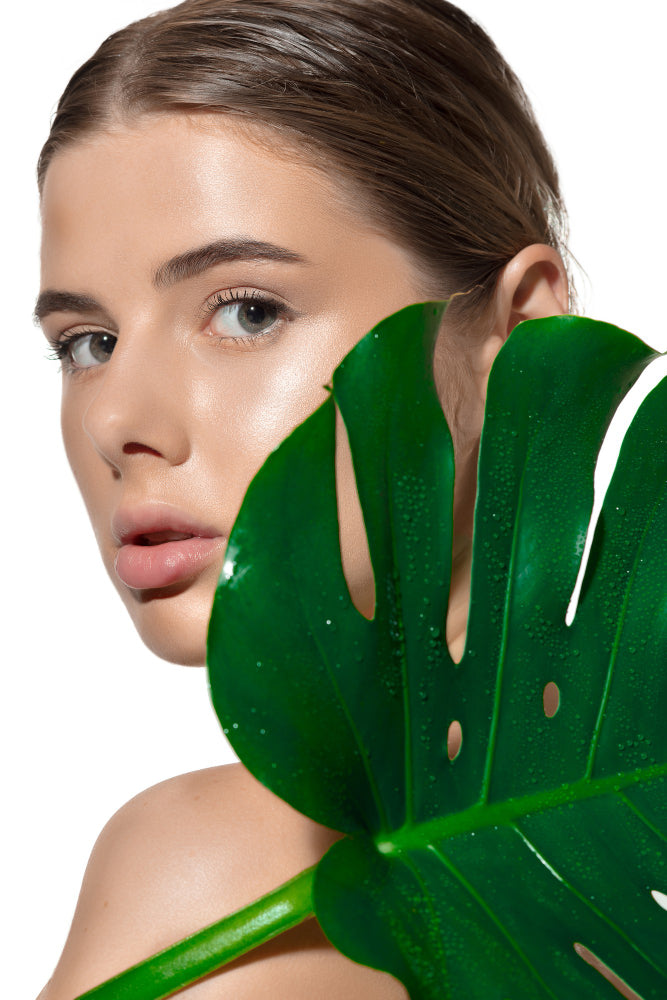In today's fast-paced world, stress has become an almost inevitable part of our lives. While we are familiar with the negative impact stress can have on our mental and physical health, we often overlook its profound effects on our skin. We explore how stress can accelerate the ageing process and affect the health and appearance of our skin.
Understanding the Stress Response
When we experience stress, whether from external pressures or internal factors, our body responds by releasing stress hormones such as cortisol and adrenaline. These hormones trigger a series of physiological changes designed to prepare us for the "fight-or-flight" response.
The Impact of Stress on Skin
While stress hormones can be beneficial in short bursts, chronic stress can wreak havoc on our skin. Here are some of the ways stress affects our skin and accelerates the ageing process:
1. Premature Ageing: Chronic stress can lead to the production of free radicals in the body. These unstable molecules damage collagen and elastin fibers, leading to a loss of elasticity, fine lines, and wrinkles.
2. Inflammation: Stress triggers an inflammatory response in the body, which can manifest as redness, sensitivity, and flare-ups of skin conditions like acne, eczema, and psoriasis.
3. Impaired Barrier Function: Stress disrupts the skin's protective barrier, leading to increased moisture loss, dryness, and a compromised defense against environmental aggressors.
4. Uneven Skin Tone: Stress can disrupt melanin production, resulting in an uneven skin tone and the development of hyperpigmentation or dark spots.
5. Delayed Wound Healing: Stress impairs the skin's ability to heal wounds and regenerate, leading to slower recovery from acne scars, blemishes, and other skin injuries.
6. Skin Sensitivity: Stress can make the skin more reactive and prone to sensitivity, making it susceptible to irritants and allergens.
Coping with Stress to Protect Your Skin
While it may not be possible to eliminate stress entirely from our lives, there are strategies we can adopt to mitigate its effects on our skin:
1. Stress Management Techniques: Incorporate stress-reducing practices into your daily routine, such as meditation, deep breathing exercises, yoga, or engaging in hobbies you enjoy. These techniques can help lower stress hormone levels and promote relaxation.
2. Regular Exercise: Physical activity boosts endorphins, which are natural mood-enhancing chemicals. Regular exercise also improves blood circulation, delivering oxygen and nutrients to the skin and promoting a healthy complexion.
3. Skincare Rituals: Establish a consistent skincare routine that includes gentle cleansing, moisturising, and protection with sunscreen. Check out our simple but powerful range here
4. Adequate Sleep: Prioritise quality sleep to allow your body and skin to rejuvenate. Aim for 7-9 hours of uninterrupted sleep each night.
5. Red Light Therapy: Adopt red light into your routine which can help fight free radical damage cause by stress. Opt for one of our LED Face Masks to help.
By incorporating these self-care practices into your life, you can manage stress levels, promote overall well-being, and safeguard your skin from the ageing effects of chronic stress.
Nurturing Your Skin, Inside and Out
Remember, your skin reflects your internal well-being. Taking steps to manage stress not only benefits your mental health but also helps maintain a vibrant and youthful complexion. Prioritise self-care, seek balance in your life, and embrace healthy habits to nourish your skin and promote a radiant glow that radiates from within.



